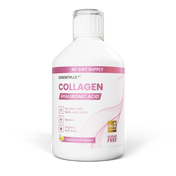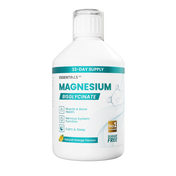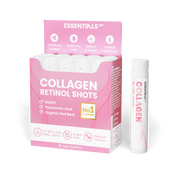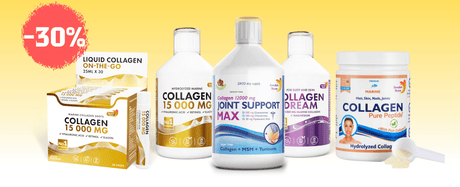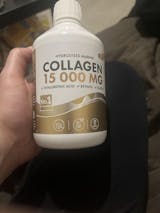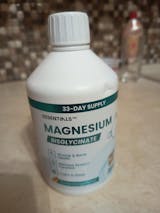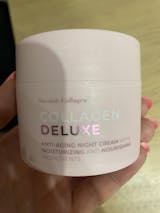Are you in the market for a collagen supplement but feeling overwhelmed by the options? Unsure which source of collagen will deliver visible results swiftly? Marine collagen and bovine collagen stand out as primary ingredients in many supplements, offering promising benefits.
In this article, we've curated a brief comparison between these two collagen types. Join us as we explore their similarities, differences, and respective advantages, aiding you in making an informed decision.
What is marine collagen?
Marine collagen, a complex structural protein sourced from fish scales, skin, or fins, predominantly consists of type 1 collagen, abundant in the human body.
Its popularity stems from its superior absorption rate compared to other sources, owing to its small molecular weight and size. This attribute makes marine collagen a prime choice for medicinal applications.
Marine collagen finds utility in maintaining the health and flexibility of various bodily components including the skin, ligaments, joints, bones, muscles, tendons, hair, and nails.
What is bovine collagen?
Bovine collagen, sourced from the cartilage, bones, and hides of cattle, closely resembles the collagen found in our bodies, offering a rich supply of collagen types 1 and 3.
Notably, bovine collagen is abundant in the amino acids glycine and proline. Glycine plays a vital role in constructing DNA and RNA chains, while also contributing to creatine formation. Proline facilitates the body's production of collagen.
Bovine collagen finds application in promoting firm skin, robust nails, glossy hair, and overall health for muscles, bones, and joints.
The main benefits from both types of collagen
Marine collagen offers a plethora of body benefits, including:
- Facilitating bone healing and regeneration
- Preserving skin firmness and elasticity
- Expediting wound healing
- Reinforcing nails and hair
- Enhancing joint health
Similarly, bovine collagen offers its own array of advantages:
- Enhancing skin structure and appearance
- Strengthening hair and nails
- Supporting joint health and alleviating related symptoms
- Contributing to tissue repair
- Ensuring tissue hydration
When it comes to choice: what should you do?
As you've likely noticed, the disparities between bovine and marine collagen aren't substantial. Bovine collagen offers types 1 and 3, while marine collagen boasts easier absorption into the body, with similar benefits.
Thus, your choice between the two hinges on personal preference and the specific issue you aim to address. On Swedish Nutra's platform, you'll find comprehensive descriptions of each product, detailing their benefits and primary purposes.
When selecting a collagen supplement, prioritize two crucial factors. Firstly, ensure it contains hydrolyzed collagen for enhanced absorption and digestion, enabling your body to swiftly utilize the collagen peptides upon consumption. Secondly, consider opting for a liquid supplement. While this depends on personal preference, liquid collagen supplements generally exhibit superior absorption rates compared to powdered variants, ensuring maximum effectiveness.




